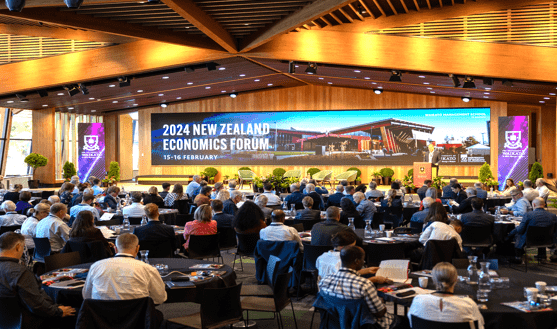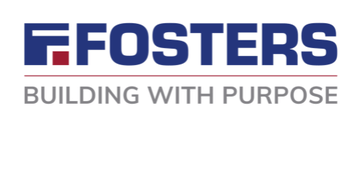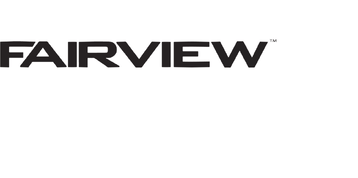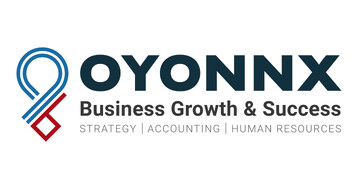By Waikato Chamber CEO, Don Good
While some people and the media are doom and gloom merchants, the Waikato Chamber of Commerce has been buzzing since mid-January with events that have been running at or close to capacity.
Business people are out and about, enjoying the sun no doubt but putting a lot of effort into networking. Typically, we would see several not turn up to events after registering but that has almost evaporated as business people are looking to connect face to face, get to know new contacts and keep in touch with their current business circle.
Networking is an art form that requires practise. People are discerning and are looking for authentic connections that can lead to trade. The Chamber’s events are the perfect place to refine your skills.
The major event in the Waikato in February has been the Waikato University Management School’s Economic Forum.
As befits the leading economics university in the country its speaker line up was stellar. It kicked off by the newly minted Minister of Finance Nicola Willis, who gave few hints as to the detail of her Budget due on 30 May, but did give us an idea of the issues she is grappling with.
On the subject of infrastructure, she reiterated the point that the Government cannot use public capital alone and that new tools such as PPP and iwi capital will be needed in an integrated approach if we are to build a pipeline of work that returns us back to the level of infrastructure that we wish to become accustomed to.
It was not all politics as the Management School agenda saw attendees traverse subjects such as disruption in agriculture, health, and New Zealand’s changing demography. A set of very forceful addresses on social investment came from ImpactLab CEO Maria English and chair of Whānau Ora Commissioning Agency Merepeka Raukawa-Tait and some deep insights on trade policy and free trade agreements from the deputy secretary for trade and economic at MFAT Vangelis Vitalis.
Friday morning had delegates hanging on every word of the Reserve Bank Governor Adrian Orr hoping for clues on the OCR. None given, but for the tea leaves readers there was sufficient to conclude that the big issue for the RBNZ is inflation and, more specifically, our inflation expectations.
As such it would be prudent for business to expect the OCR to remain at its current level or even higher until the inflation genie is back in its bottle.
The session of Friday for me was the infrastructure panel of Alison Andrew – CEO of Transpower, Nick Legget of Infrastructure NZ and Chris Joblin of Tainui Group Holdings. New Zealand has significant issues across a whole raft of infrastructure industries. All three panellists agreed that we needed real urgency, a greater vision and better solutions than that which we have had over the past few decades.
Across the two days there was a real sense that delivery is what is required. As usual, a rising tide of prosperity lifts all boats, and we need to get on with it. Here’s to a positive, productive and fruitful 2024!

















